How Can I Stop Obsessing Over Calories? When 52 kg Looks Like “Too Much” — Your Arizona Recovery Path
You step on the scale and see 52 kg - a healthy number for your 158 cm frame - yet a voice in your head whispers too much.
You count every crumb, decline dinner invites because there’s no way to bring your food scale, and watch your social life shrink as your calorie log grows.
If this sounds like you, you’re not “just being careful.” You may be caught in an obsessive cycle that feels impossible to escape—but you are not alone, and you are not broken.
Evidence-Based Treatments That Break the Cycle
Exposure and Response Prevention (ERP).
Considered the gold standard for OCD, ERP gently exposes you to feared situations—like eating a meal without tracking—while helping you resist the urge to check or count. Over time, the anxiety fades and your brain learns you can handle uncertainty.
Cognitive Behavioral Therapy (CBT).
CBT works on the thoughts driving the obsession, challenging beliefs such as “I must control every calorie or I’m worthless,” and teaching practical skills to respond differently to those thoughts.
Acceptance and Commitment Therapy (ACT).
ACT helps you accept uncomfortable thoughts and feelings without letting them dictate your choices. Instead of fighting the “what if I gain weight” loop, you focus on what you truly value—connection, joy, health—and take action aligned with those values.
Metacognitive or Inference-Based CBT.
These approaches look at how you relate to your thoughts, loosening the grip of perfectionism and the need for absolute certainty about food or body image.
Medication Support.
For some, medications such as SSRIs can reduce the intensity of obsessions and anxiety. A psychiatrist can help you explore whether this makes sense as part of your plan.
At BrainBody OCD Counseling, these therapies are combined with holistic supports like EMDR, somatic work, and nervous-system regulation—powerful tools when food and body concerns are tied to past trauma or deep-seated anxiety. Both in-person Scottsdale sessions and secure telehealth options are available for Arizona residents.
Coping Steps You Can Practice Now
While professional treatment creates lasting change, small daily actions can help you reclaim space from calorie obsession:
Loosen the tracking habit. Try one meal a day without logging. Notice how your body feels instead of focusing on numbers.
Challenge the “fat” thought. When the mirror says “too much,” ask yourself: What evidence supports this? What would I tell a friend?
Allow messy experiences. Say yes to a dinner out even if you can’t measure portions. Exposure to uncertainty builds confidence.
Practice self-compassion. Replace harsh inner dialogue with kindness: “This obsession isn’t my fault. I’m learning new skills.”
Reconnect with values. List what matters most—relationships, fun, meaningful work—and use those priorities to guide decisions instead of calorie counts.
Support your body. Prioritize sleep, balanced meals, and gentle movement without turning them into new rules.
Signs It’s Time to Reach Out
If you feel unable to stop counting, if relationships or health are suffering, or if isolation and hopelessness are setting in, professional help is essential.
Arizona residents can start with a free consultation at BrainBody OCD Counseling or BrainBody Wellness AZ. Both offer individualized care plans and compassionate therapists trained in OCD and anxiety treatment.
You Deserve More Than Numbers
Life is bigger than calories, scales, and perfection.
You deserve relationships, laughter, and meals shared without fear.
With the right support and proven therapies, you can loosen the grip of obsessive thoughts, trust your body again, and live guided by what truly matters to you—not by a string of numbers.

